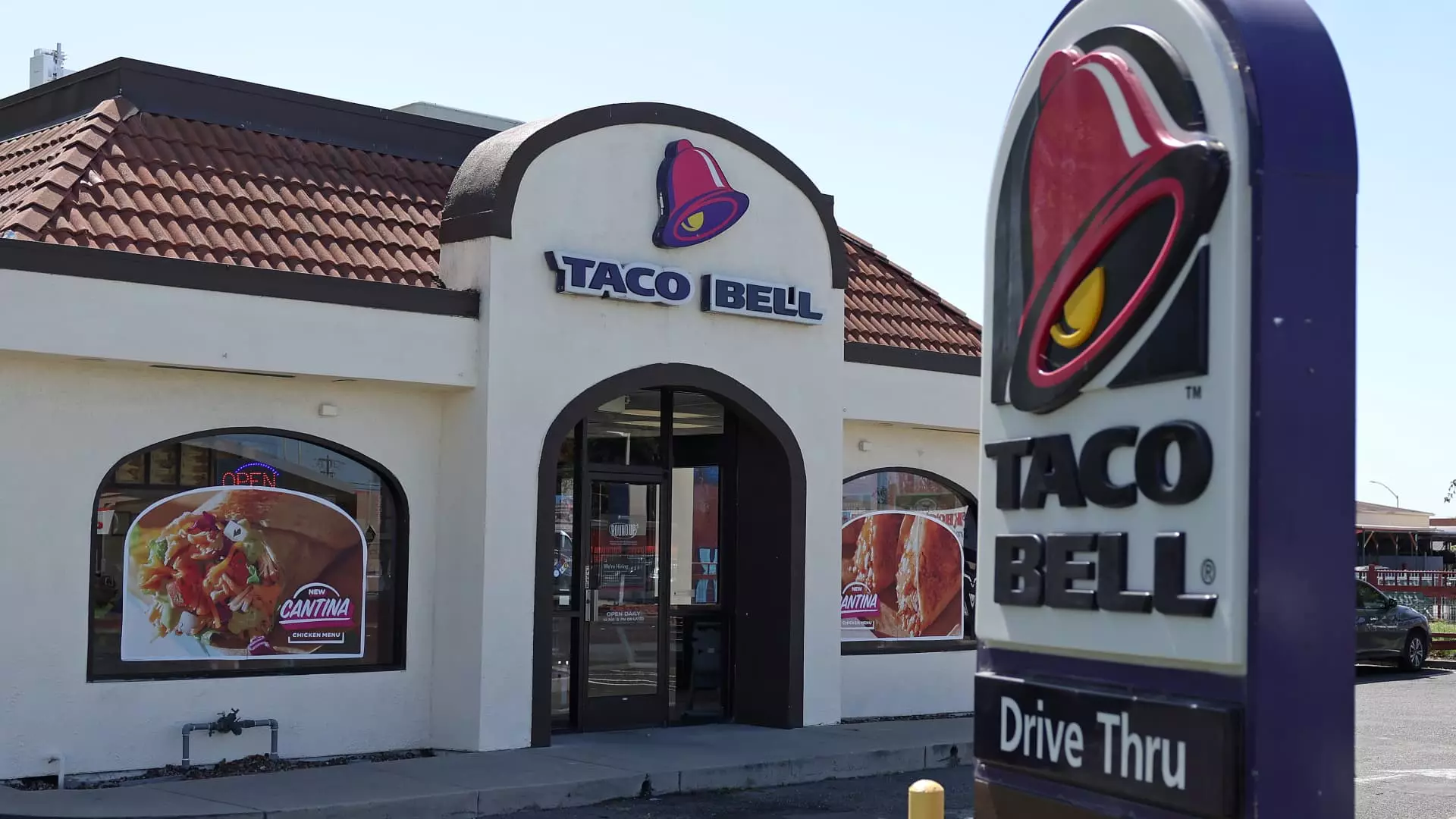The fast-food industry is no stranger to health scares, and a recent E. coli outbreak linked to a popular burger chain has raised eyebrows and prompted swift action from major players in the food sector. This outbreak, associated with McDonald’s Quarter Pounder, has resulted in one fatality and nearly 50 confirmed illnesses across a number of states. The situation has underscored the fragility of food safety protocols in an industry characterized by rapid service and high volume.
In light of the unfolding crisis, Yum Brands—parent company of Taco Bell, KFC, and Pizza Hut—has removed fresh onions from select locations of its restaurant chains. A spokesperson for Yum Brands communicated that this decision was driven by a commitment to customer safety and the ongoing monitoring of the outbreak. They emphasized a diligence in adhering to supplier regulations and safety guidelines to maintain food quality. This transparency is crucial in reassuring customers that their wellbeing is prioritized.
The source of the implicated onions can be traced back to a recall issued by U.S. Foods concerning Taylor Farms’ products. Although Yum Brands has not explicitly stated that their action was a direct consequence of this recall, the timing reveals a cautious approach to safeguarding consumers. Other fast-food chains like McDonald’s have explicitly named their onion supplier in association with the outbreak, yet the nuances of supplier chains and how ingredients are sourced can complicate matters. The lack of direct communication from Taylor Farms further adds a layer of ambiguity to the situation.
Health institutions, including the Centers for Disease Control and Prevention (CDC), are actively investigating the outbreak. Interviews conducted by health officials have highlighted a clear connection between the illness and consumption of a specific product from McDonald’s. Such investigations are paramount not only for identifying the root of the problem but also for preventing future occurrences. By focusing on the specific ingredients used in the Quarter Pounder, health authorities are taking steps to pinpoint potential weaknesses in supply chain management associated with previously vetted suppliers.
This E. coli outbreak and its ripple effects serve as a concrete reminder of how interconnected the fast-food ecosystem is. The repercussions of one company’s misstep can lead to a cascade of actions from other entities aiming to distance themselves from potential liability. Moreover, this scenario emphasizes the critical importance of stringent safety measures at all levels of food production and distribution.
The proactive measures taken by Yum Brands reflect a necessary vigilance in an industry where consumer trust is paramount. The ongoing investigations and recall notifications serve as a sobering reminder that food safety requires unwavering commitment from suppliers, manufacturers, and restaurants alike. As the situation develops, the fast-food industry must continue to adapt to the lessons learned, placing food safety above all in its operational priorities.

